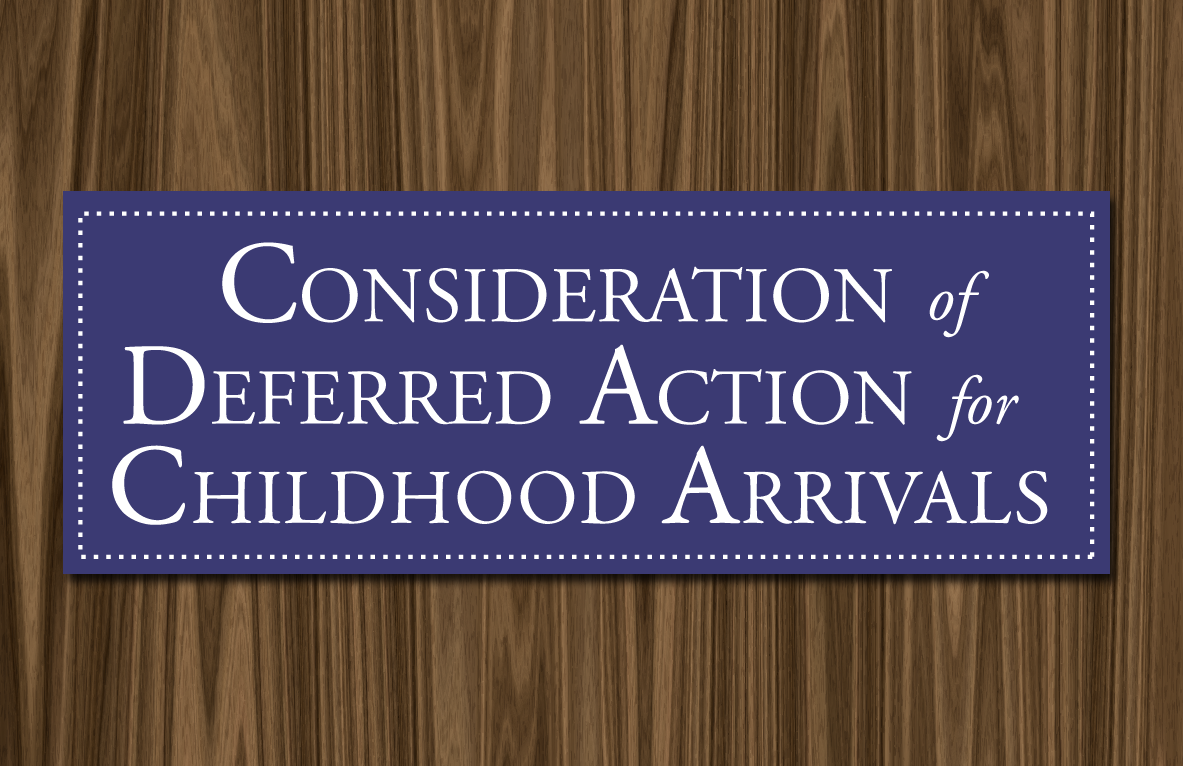Are DACA aliens members of gangs, or were they ever?
The government potentially knows the answer because it is on the application form (I-821D). But in response to a Freedom of Information Act request from the Center we were told that we could not have any data on the topic because, "The information you seek is not a field that is electronically captured."

So someone in the government decided that the gang membership question should be on the application form filed in the Deferred Action for Childhood Arrivals program. Then the same person or a different somebody decided that USCIS did not want to know the answer, on a group basis, so the decision was made to not record it.
I do not think this was a left hand-right hand problem; I think that USCIS figured that someone in the public would ask the question and the agency wanted to be in a position to shrug their collective shoulders when asked about it.
When we filed the request back in December 2014 we suspected that no reasonably alert DACA applicant would admit to gang membership and so the question was really on the application for cosmetic purposes. In other words, it was designed to show that the government was aware of the problem of gang membership in a population that swore that they had come to the United States illegally while in their teens or earlier.
We also asked for the data for another question, expecting the same response rate: "Were you a member of the U.S. Armed Forces or the U.S. Coast Guard?"
Again, we figured that the question was part of a broader public relations campaign to link the DACA aliens to the U.S. Armed Forces. Several critics of the program pointed out that: 1) the Armed Forces are pretty careful about excluding illegal aliens; and 2) if they missed someone, the illegal alien had a far more attractive set of benefits available to him under existing law so that no one with a service record would have applied for DACA.
But USCIS outfoxed us. The agency did not capture the answers to that question either.
Had there been any DACA applicants with good military records we would have heard all about it. The agency's flacks would see to that. But if none of the hundreds of thousands of DACA applicants had served in the military that fact could be hidden from the public. It is a win-win situation for the administration.
We at CIS will appeal this initial agency decision and will share the reply with our readers when it comes — say late in 2016 at the earliest.
Readers interested in the DACA application form can find it here.
